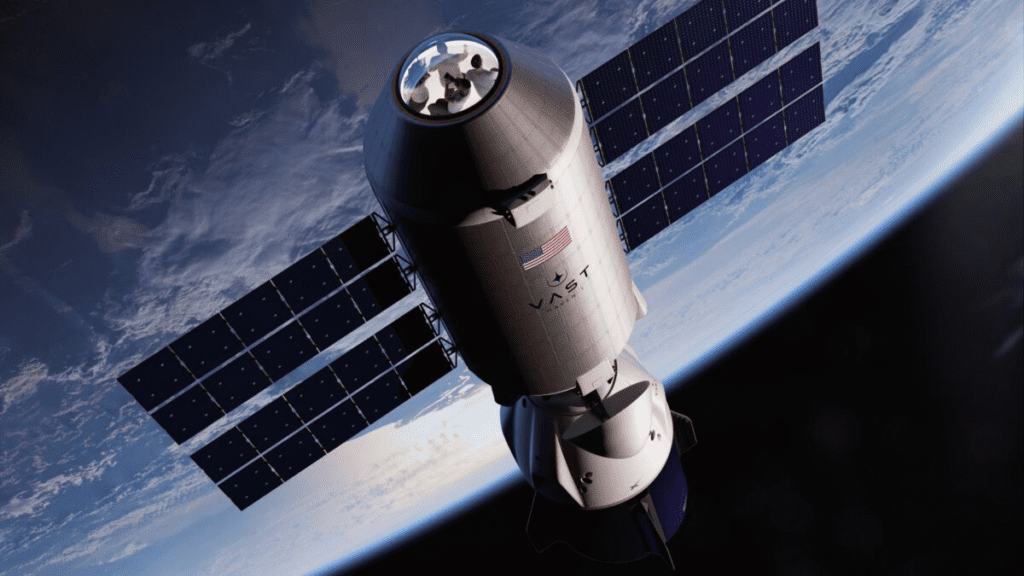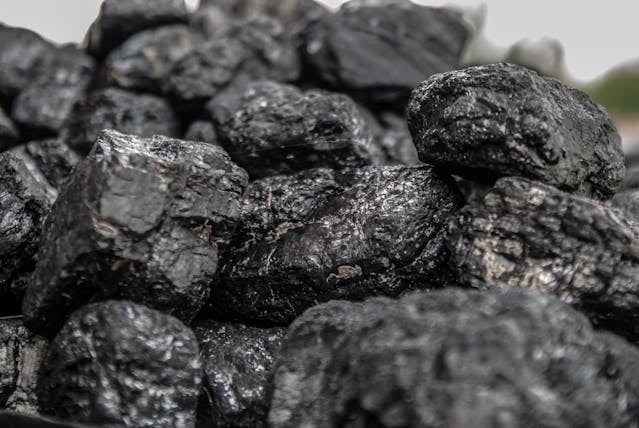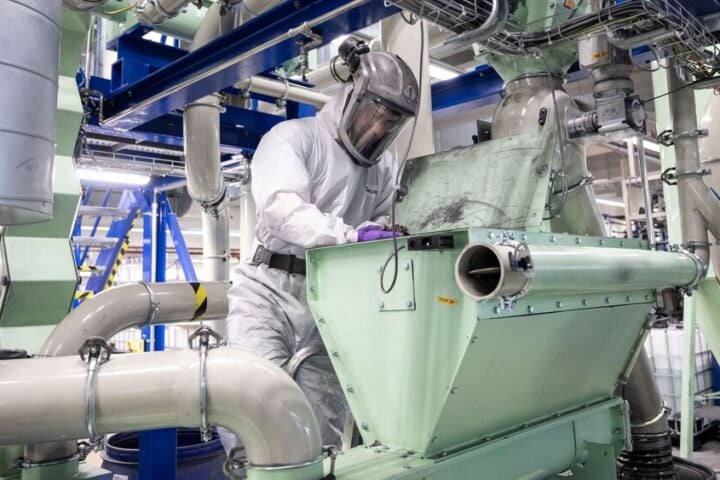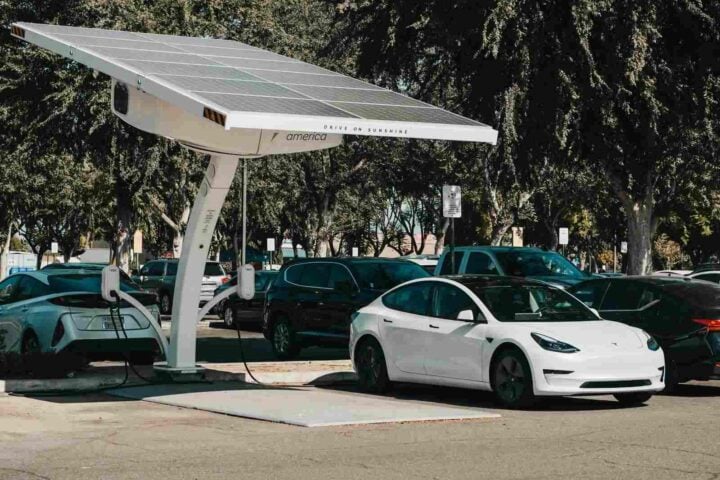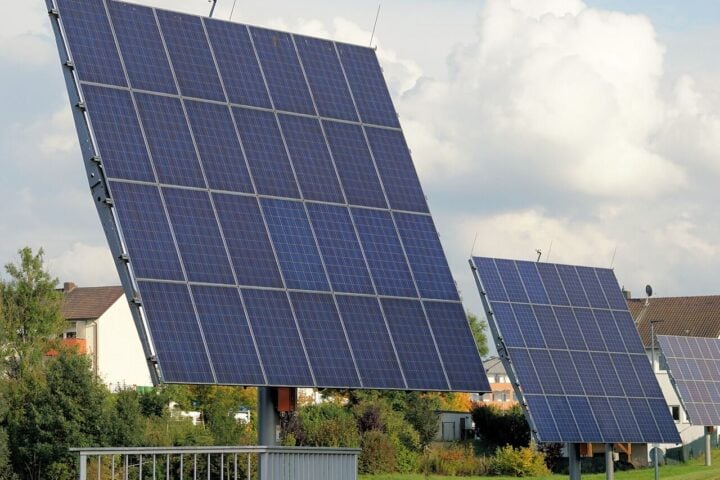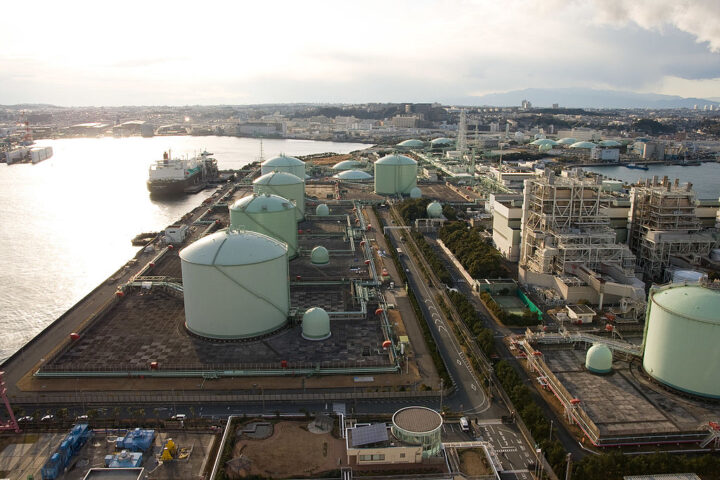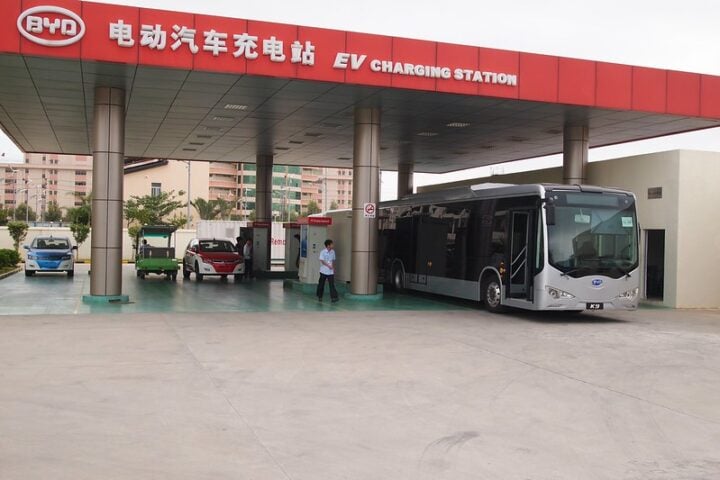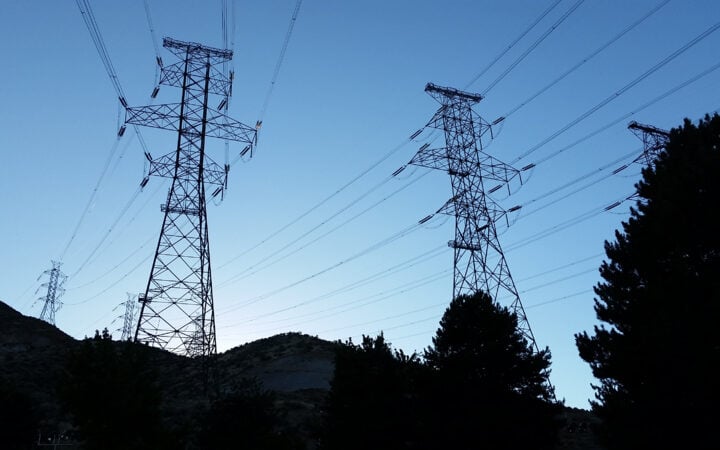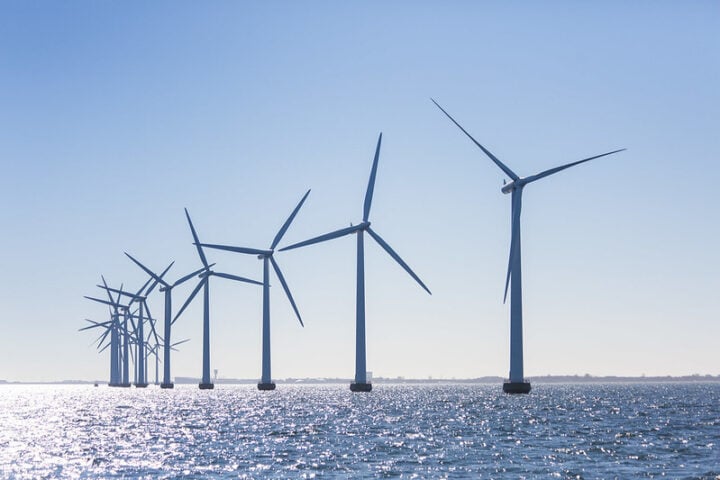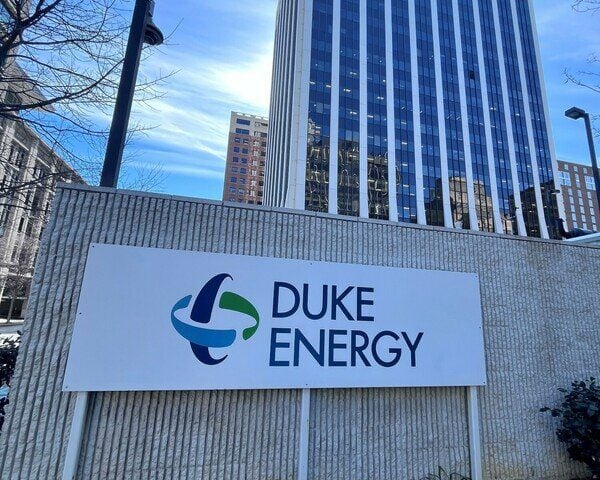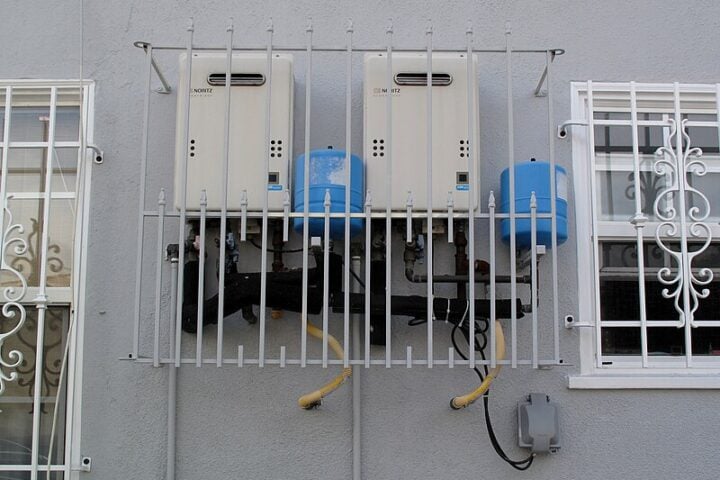After the state’s Air Resources Board (CARB) voted in favor of the new regulations, diesel-powered trucks will be banned in California starting in 2036. The Advanced Clean Fleets Program of CARB is designed to make the entire trucking industry zero-emission by 2045.
The EPA’‘s approval is awaited for the new regulation to come into effect. Zero-emission vehicles also include vehicles that run on fuel cells, which combine hydrogen with atmospheric oxygen and produce only water vapor.
Requiring smaller batteries than plug-in electric trucks, fuel cell trucks can fill their hydrogen tanks more quickly. The battery of a Tesla Semi can be charged to just 70% capacity in 30 minutes. The tanks of fuel cell trucks can be filled in as little as 15 minutes.
Fuel cell-powered trucks are being developed by several truck manufacturers, including Volvo, Freightliner, and Nikola. A heavy-duty fuel cell electric powered train has been developed by Toyota for commercial goods transportation.
Toyota received a zero-emission powertrain executive order from CARB for its new heavy-duty fuel cell electric powertrain. The Toyota powertrain kit includes hydrogen fuel storage tanks, batteries, electric motors, and a transmission.
Toyota’s powertrain is certified by the ZEP Executive Order for complying with CARB regulations for zero-emission powertrains. Using Toyota’s certified powertrain, OEMs may be eligible for other incentives, such as CARB’s Hybrid and Zero-Emission Truck and Bus Voucher Incentive Project (HVIP).
Fuel cell semis have been tested by Toyota in California since 2017. Approval from CARB to start selling a fuel cell kit allows Toyota to put it into production in Kentucky later this year.
Similar Post
A big hurdle to hydrogen adoption is the lack of fueling infrastructure, but fleet operators can set up their own system at truck depots. Pricing and final specifications for Toyota’s fuel cell kit have not been announced.
PACCR, the truck builder, announced that it will begin manufacturing Kenworth T680 and Peterbilt 579 tractors using the technology starting in 2024. Using an updated prototype fuel cell electric power train for its “Ocean” project, Toyota worked with Kenworth to develop trucks.
10 Kenworth T680 Class 8 trucks were deployed by the “Ocean” project, serving real-world customers via dragged routes. The CARB ZEP-certified powertrain kit from Toyota is now ready for commercialization.
In Kentucky, production of Toyota’s newest generation of new powertrains will start later this year. Key learnings and insights from Toyota’s extensive real-world experience with fuel cell electric trucks are reflected in the newest generation of powertrain.
The aim of Toyota is to reduce or eliminate emissions for all mobility solutions, and its fuel cell electric power trains have proven that hydrogen can play a significant role in emissions reduction from heavy-duty transportation.


